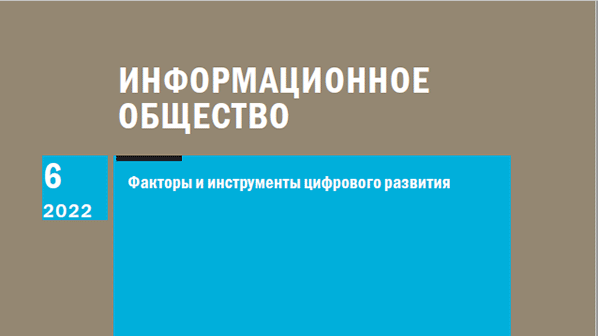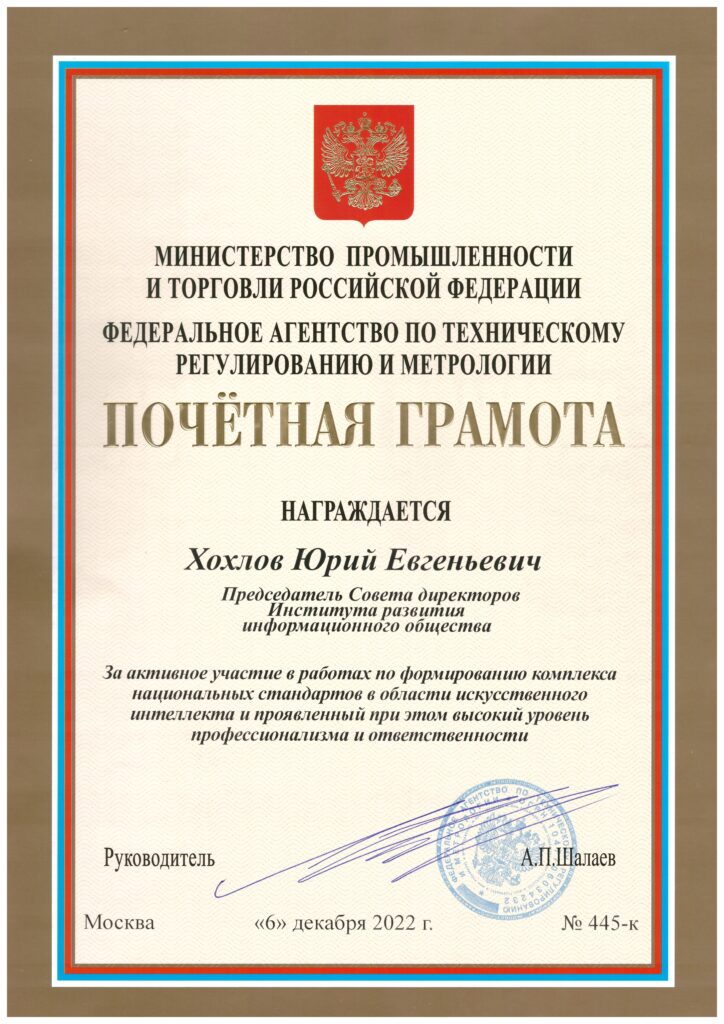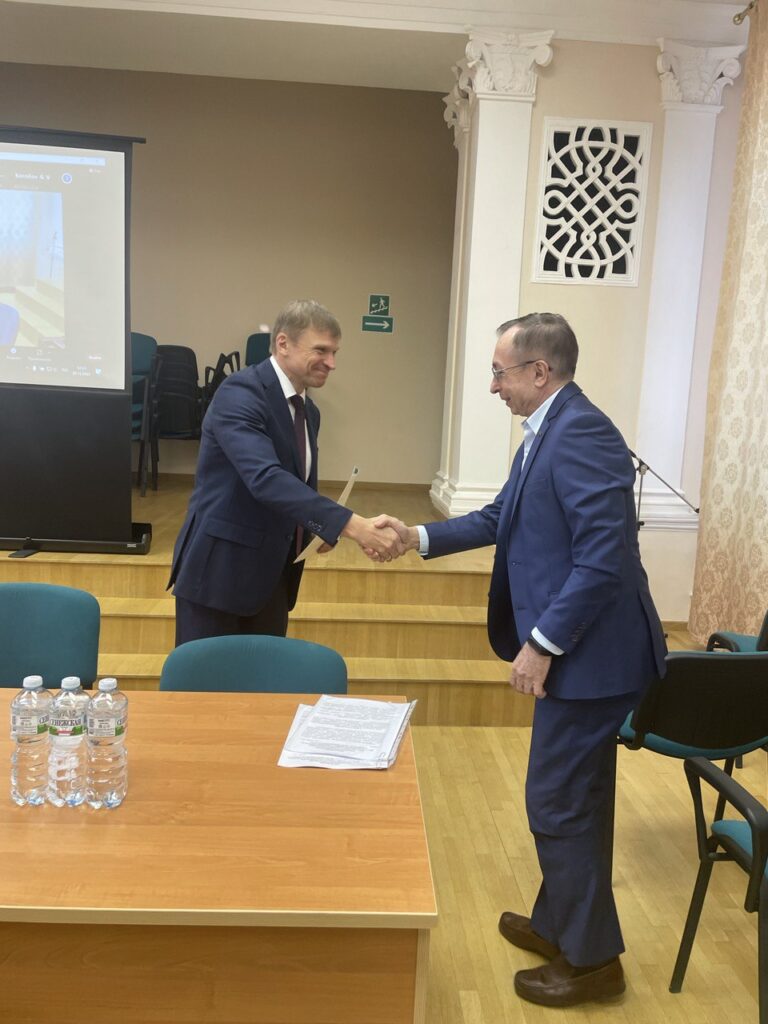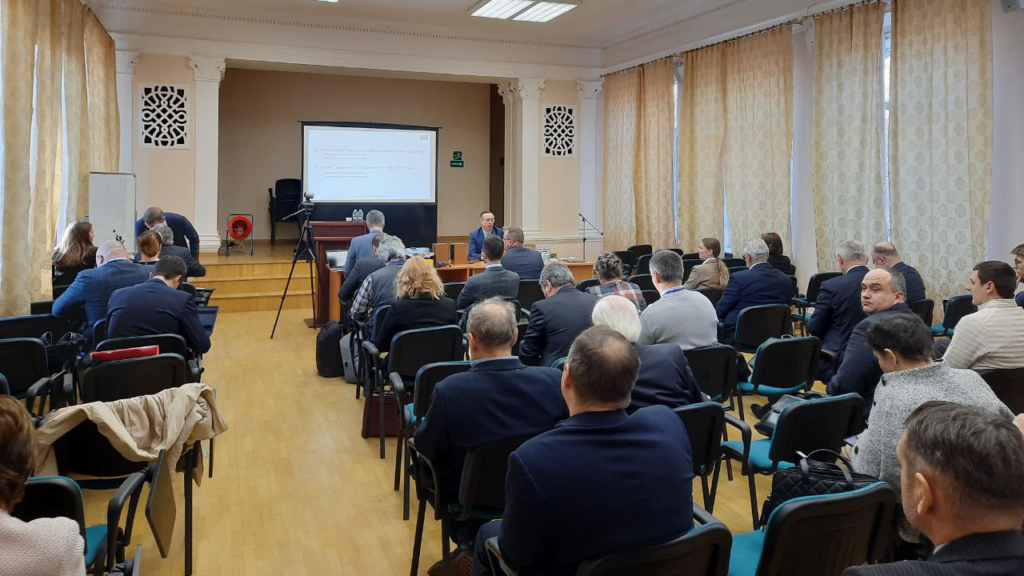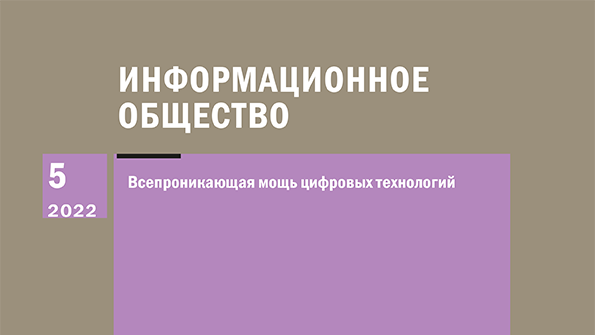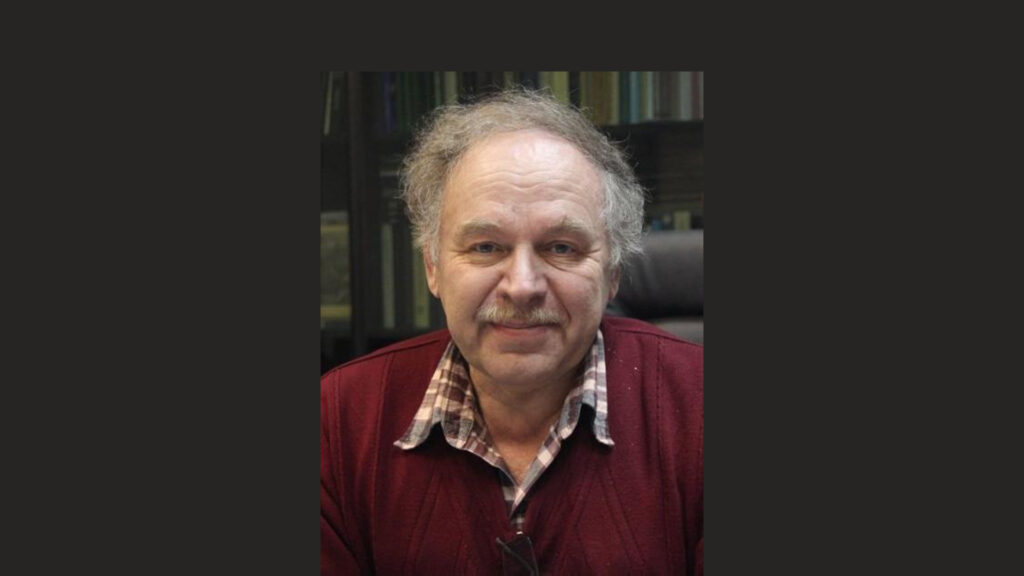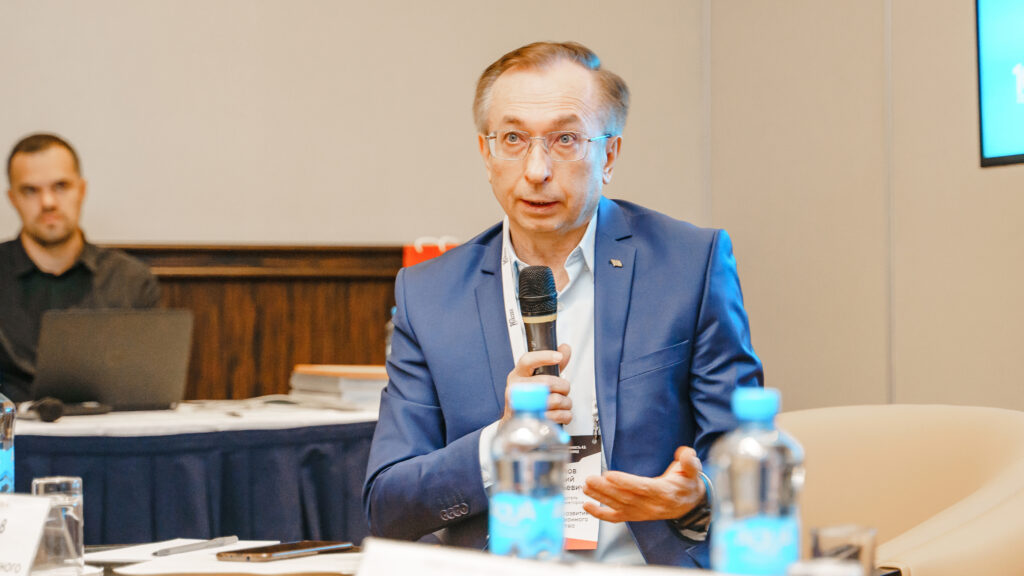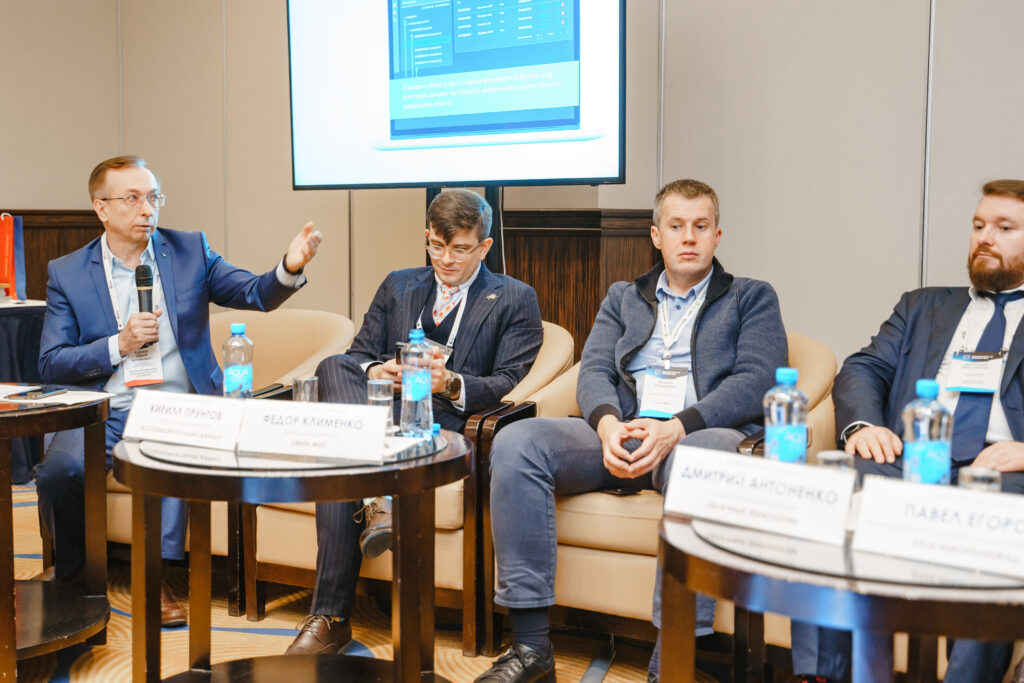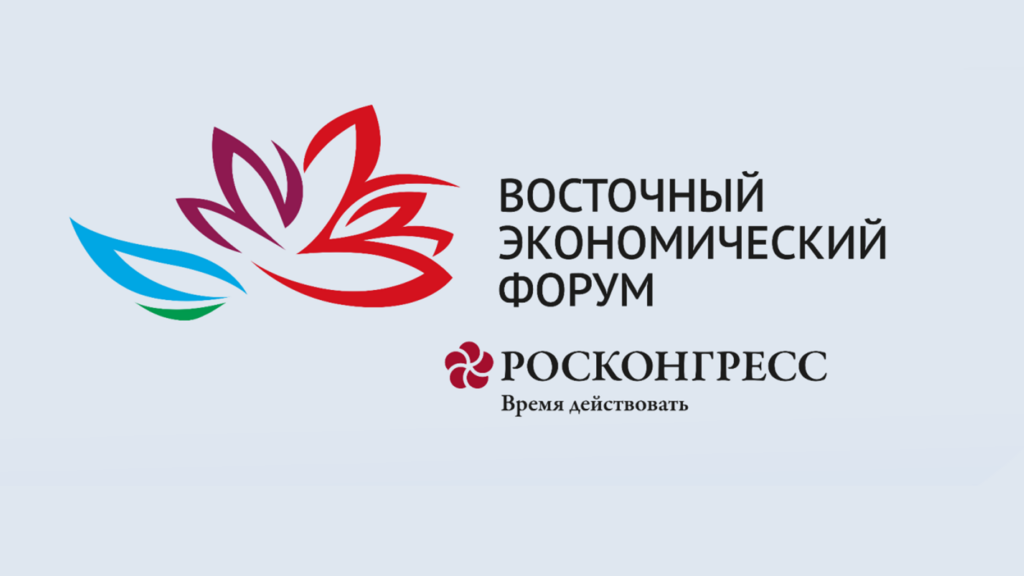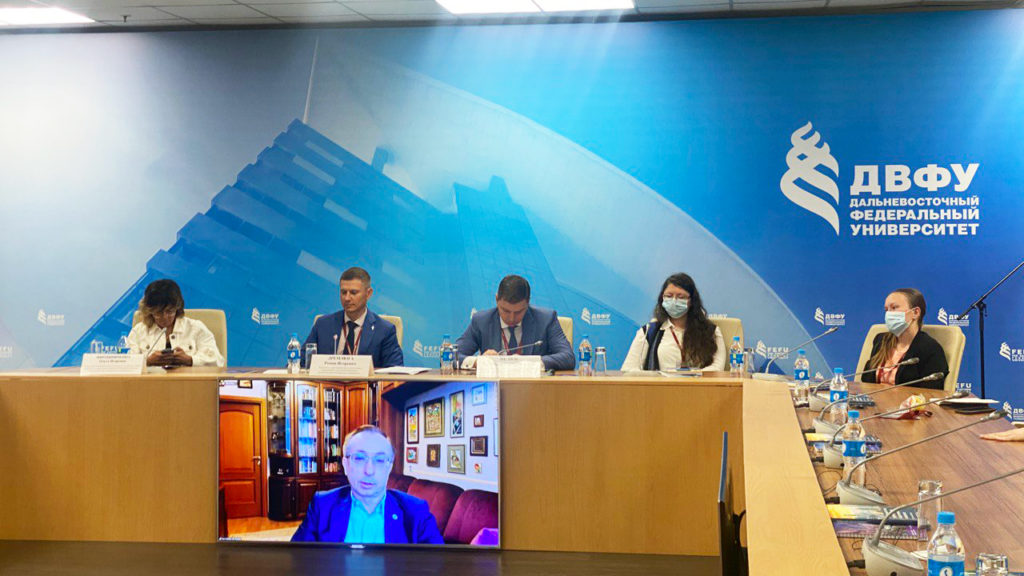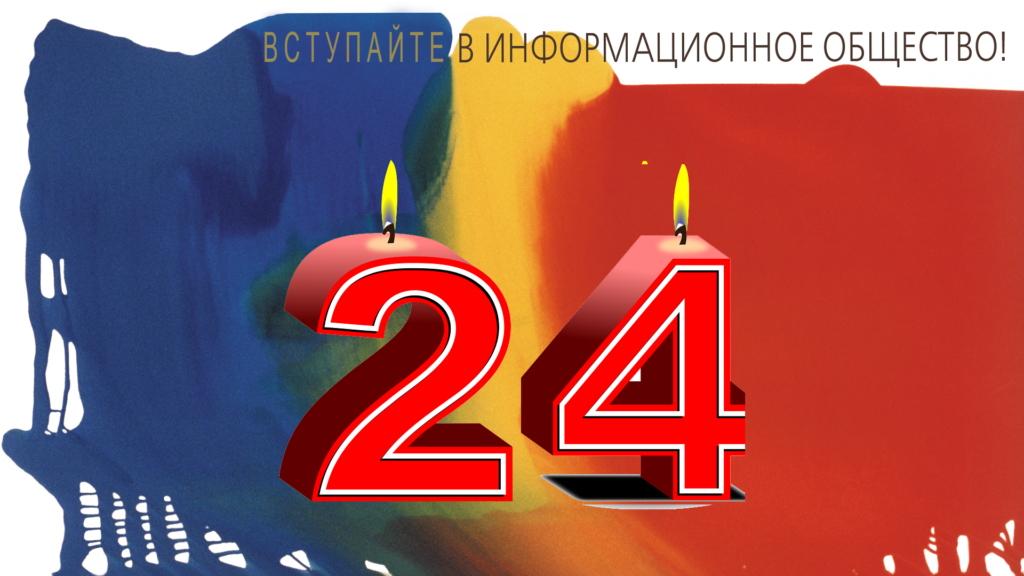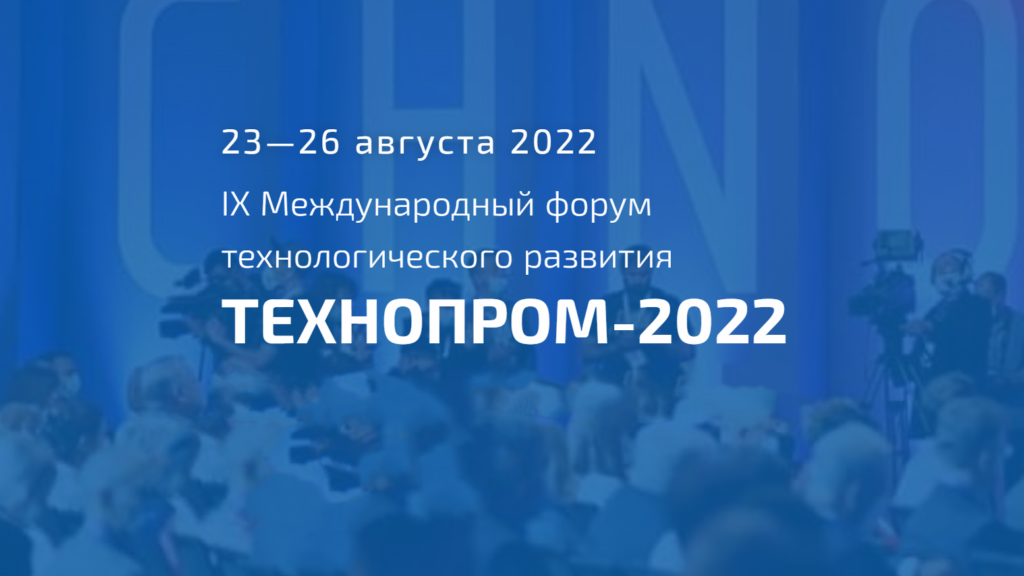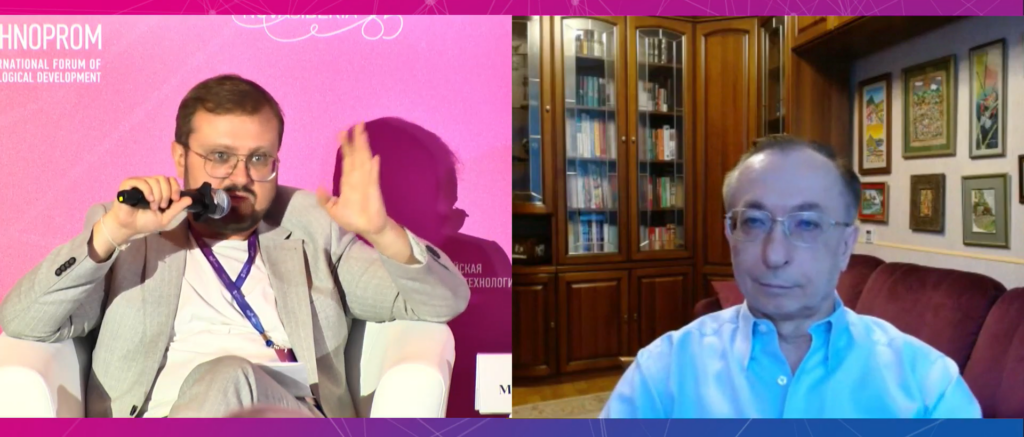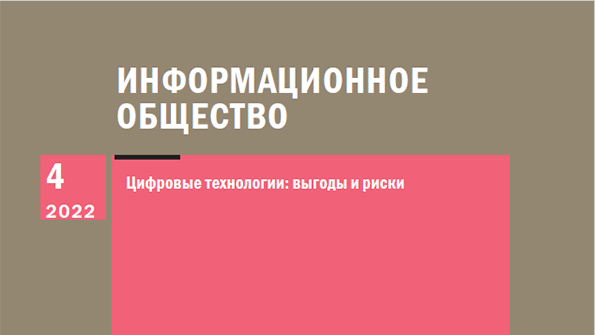In her address to readers, the editor-in-chief of the journal Tatiana Ershova wrote:
An outstanding son of the Indian people, a man with the widest range of talents, Rabindranath Tagore said: “Close the door to all errors, and the truth will not be able to enter.” This is a very important idea for us, because our journal, serving science for more than 30 years, is trying in every possible way to help in the search for truth. That is why we keep a large list of topics, do not set geographical restrictions, accept articles in Russian and English, and are always open to scientific discussion. By the way, this has become a rarity in our time, so we welcome polemical articles that have never been published before.
We lived another year, and this year was special: due to political events, our scientists had limited access to prestigious foreign journals, and Russian publications were no longer indexed in leading international bibliographic and abstract databases of peer-reviewed scientific literature. This led to a sharp increase in requests for publication of articles in our journal, which since 2015 has been included in the Russian shelf of the Russian Science Citation Index on the Web of Science platform. With the increase in the flow of articles, the percentage of refusals to publish for quality reasons has increased. In addition, new authors are often careless about the requirements for the design of papers, which has led to a huge loss of editorial time. We now reject all articles whose authors show inconsistency in this matter. This year’s rejection rate was 33%, up 8% from last year.
And now let’s sum up the results of the outgoing year. We published 63 articles that covered all the thematic headings of the magazine except for one single one: “Leaders of the Information Society”. The most popular was “The Information Society and Mass Media” (10 articles); followed by “Education in the Information Society” (9), “Information Society and Law” (7), “Social and Economic Aspects of the Information Society” (6). Headings “Digital Economy”, “Human in the Information Society”, “Culture in the Information Society”, “Information Society Technologies” were collected four articles each. The rest of the headings included from one to three works.
The number of our authors was 111, and most of them naturally represented Russia. There are 65 Muscovites among them; 10 authors from St. Petersburg; four from Perm; from Vladivostok, Kazan, Kemerovo, Novosibirsk and Ulan-Ude – three each; from Omsk and Tyumen – two each; from Vladimir, Irkutsk, Kaluga, Nizhny Novgorod, Petrozavodsk and Tver – just one each. 6 authors represented Baku (Azerbaijan) and one – Samarkand (Uzbekistan). Among the authors were two academicians of the Russian Academy of Education, one corresponding member of the Russian Academy of Natural Sciences, 28 doctors of science, 48 candidates of science, 20 specialists without a degree, as well as 7 graduate students and the same number of students who acted as co-authors and independent authors. The academic title of professor bear 18 authors of articles this year, that of associate professor – 25. It is gratifying that among the authors of papers in 2022 there were four members of the Editorial Board of the journal.
On the eve of the new year, on behalf of the entire editorial staff, I would like to thank the authors, reviewers and readers for their cooperation and interest in our journal and wish everyone good health, well-being and success.
